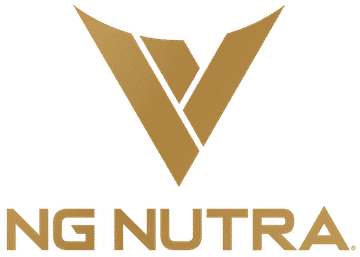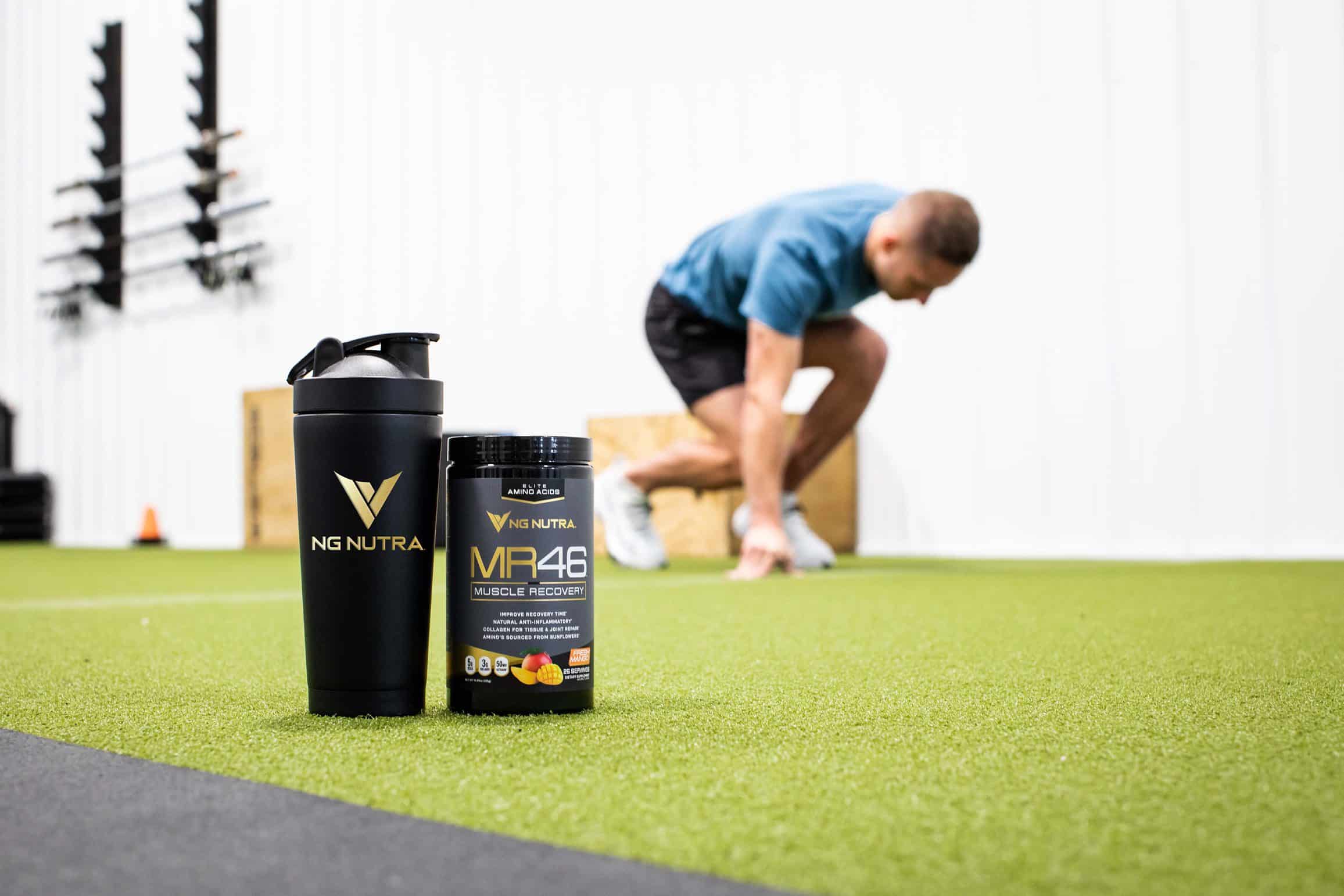All you have to do is type in “workout motivation” into YouTube and you’ll find hundreds of videos telling you to dig deeper, push harder, and keep fighting. For all the talk of hustle in the modern-day self-development movement, what you won’t find as often is talk about giving yourself a break and getting off your own case.
Sure, recovery is important for your workouts, but it’s just as essential for your day-to-day life. Why? Better resting habits means better physical and mental performance inside and outside of the gym. Let’s take a look at the dangers of overtraining, the benefits of post-workout recovery, and how to do it right.
Overtraining vs. Under-Recovery
What many people believe to be overtraining is usually a case of under-recovery. Think about it: Compare your workout schedule to that of a professional bodybuilder or athlete. These are men and women who are putting HOURS in the gym every day, usually multiple times per day. For example, how does your workout stack up to that of Mamdouh “Big Ramy” Elssbiay – the winner of the 2021 Mr. Olympia? Do you think you’re outworking him? Doubtful, but if you are feeling the symptoms of over-training, then there’s a good chance that you’re lacking in the recovery department.
Symptoms of Overtraining (Under-Recovery)
How do you know if your post-workout recovery could use some work? The most common symptoms of overtraining (under-recovery) include the following:
- Fatigue – Feeling more tired than usual
- Overall lack of energy and motivation
- Brain fog
- Forgetfulness
- Confusion
- Muscle soreness that lasts for days
- Feeling of heaviness accompanying the soreness
- Difficulty training
- Inability to maintain previous performance level
Benefits of Post-Workout Recovery
Do any of those symptoms sound familiar? If you’re skipping on nutrition, sleep, and stretching, it’s no wonder why you’re feeling like this. You just need a few tweaks to your current program, and you could be enjoying a number of post-workout benefits including the following:
Muscle Growth: Muscle doesn’t grow in the gym – It grows while you’re sleeping. You tear down your muscle tissue in the gym, supply your body with muscle-building nutrition in the kitchen, and promote healthy levels of growth hormone while you’re sleeping.
Fat Loss: The same growth hormone that promotes lean muscle tissue development also helps with burning fat. Same with muscle building nutrition. What’s good for building muscle is also good to burning fat.
Cognitive Performance: Your brain is one hungry organ. As the powerhouse of your entire body, your brain needs a lot of fuel. More importantly, it needs proper rest in order to flush out the metabolic waste from the day. Keeping a healthy sleep schedule will help you perform better cognitively while decreasing the symptoms of depression and anxiety.
Decreased Risk of Injury: When your muscle and connective tissue have had the proper amount of time and nutrients for recovery, there’s less of a chance that you’ll wind up getting hurt during your next workout. What’s more, with proper sleep comes a better sense of focus and alertness, ensuring you don’t make silly mistakes.
Post-Workout Recovery
What you do after a workout can be broken down into three categories: nutrition, stretching, and self-care.
Nutrition
What you eat is going to directly impact how well you perform and recover. To maximize both, focus on whole food options of lean proteins, complex carbohydrates, and healthy fats. Protein is especially important if your goal is to build muscle and burn fat as it contains the literal building blocks of muscle tissue. The old idea of consuming one gram of protein per pound of bodyweight is still a great number to strive for because it will support muscle repair while keeping you feeling full throughout the day.
I’d also recommend calculating a rough estimate of your daily calories based on your current physical activity level. This doesn’t have to be perfect, but you should have a general idea of how much you should be eating per day. You can use an online calories calculator to get a number and then you can use an app like MyFitnessPal to track your meals for a few weeks to see how you can tweak your diet.
Stretching
It’s not always the most glamorous part of your workout but stretching can help to alleviate muscle tension, increase blood flow, and support post-workout recovery. Stick to dynamic stretching before a workout but after a workout and on your rest days, practice static stretching. I’d also recommend self-myofascial release. This can be performed before and after a workout as well as on your rest days.
Self-Care
Recovery is about more than just letting your muscles rest; you also need to give your mind a break. Stress management is a big part of post-workout recovery because it re-charges your mental batteries, keeping motivation and confidence levels high. I’d recommend getting into the habit of daily meditation, even if it’s only for a few minutes. Meditation has been shown to decrease levels of stress hormones while lowering anxiety.
Also, make time to hang out with friends, but make sure the people you’re spending time with support you and don’t stress you out.
Should You Take Supplements for Post-Workout Recovery?
What about supplements for post-workout recovery? Is there any benefit to taking them? Absolutely. Post-workout recovery supplements are specifically designed to provide an immediate supply of muscle-building nutrients to those muscles that need it most.
MR46 is designed with your recovery in mind, which is why it contains a scientifically proven dosage of branched-chain amino acids for optimal repair and growth. Taken immediately after a workout, MR46 can help to support proper muscle repair, tapping into all of the benefits discussed above. Try it for yourself. We’re confident you’ll see a night and day difference with how you feel after a tough workout.

References
- Bishop, Phillip A; Jones, Eric; Woods, A Krista Recovery From Training: A Brief Review, Journal of Strength and Conditioning Research: May 2008 – Volume 22 – Issue 3 – p 1015-1024 doi: 10.1519/JSC.0b013e31816eb518.



